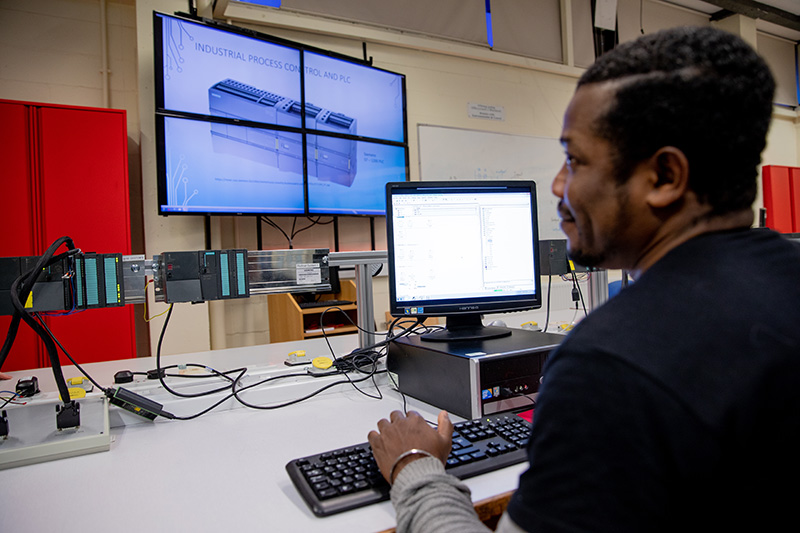Wrexham Glyndwr University part of innovative new climate change project

Date: October 17 2022
Wrexham Glyndwr University is playing a key part in a multi-million-pound project taking an innovative approach to promoting ecological citizenship.
The Royal College of Art’s (RCA) Ecological Citizens project has secured a £3.3 million grant to promote sustainable change through the digital economy.
WGU is working alongside the University of York's Stockholm Environment Institute (SEI) on the four-year EPSRC Digital Economy Programme to establish the Ecological Citizens NetworkPlus.
Professor Alec Shepley, Dean of Faculty of Arts, Science and Technology at WGU, said: “To achieve a sustainable society, we all need agency to control the impact we have on the natural environment, community life, cultural experiences, future society, and the economy.
“In partnership with the Royal College of Art and the Stockholm Environment Institute at the University of York, the Faculty of Arts, Science and Technology at Wrexham Glyndwr University, will jointly host the Ecological Citizens Network+ to focus on digital interventions that would create 'the conditions to make change' towards a sustainable post-industrial society - where the 'product' is the experience, where experiences promote human wellbeing and personal resilience, where the digital interventions are sustainable and promote societal resilience.
As a research network, Ecological Citizens will mobilise diverse groups of people to make impactful change through accessible technology and community-focused approaches – including citizen science, activism, collective learning, advocacy, design strategies, manufacturing, environmental science and engineering practices.
The network has the potential to cover a wide range of pressing topics from biomaterials and wildlife corridors to local manufacturing and repair, and will draw on expertise from across the RCA, as well as academic and non-academic partners including Glyndwr.
Professor Shepley added: “This is an immensely exciting project to be involved in and very important to us all. An Ecological Citizens (EC) Network such as this, will support a sustainable digital society by looking at ways digital technology can be deployed to decouple the use of materials and resources from economic development; add value to products through experiences and services; give citizens agency to take care of their environment (relating to waste reduction and reuse, energy generation); give citizens agency to design their own experiences involving products, which promote wellbeing, learning, self-advancement; enable experiences that empower citizens to do, to make, to repair, to learn, to create, to connect, to communicate, to interact, to understand, and last by no means least - to share and to enjoy.”